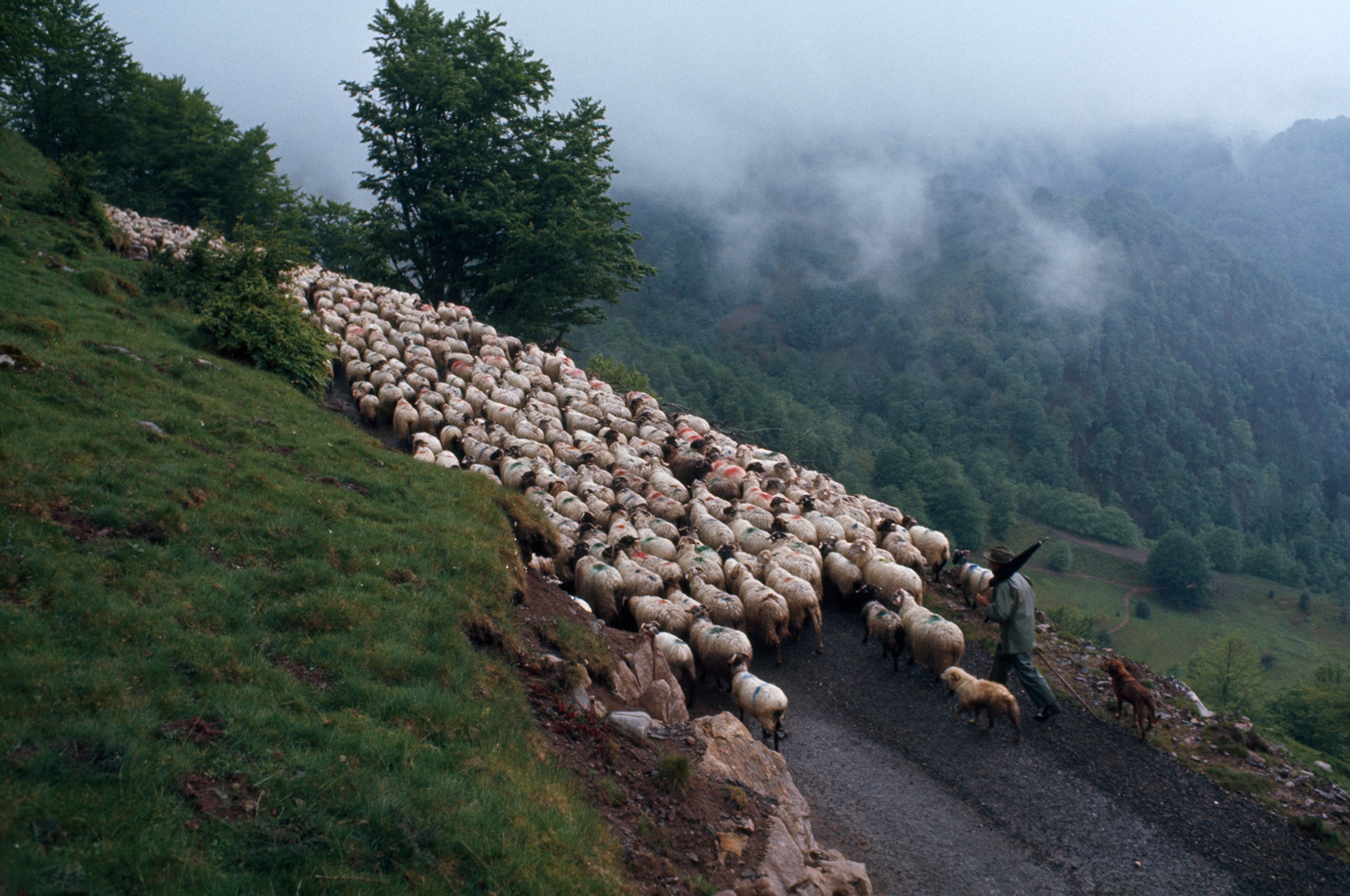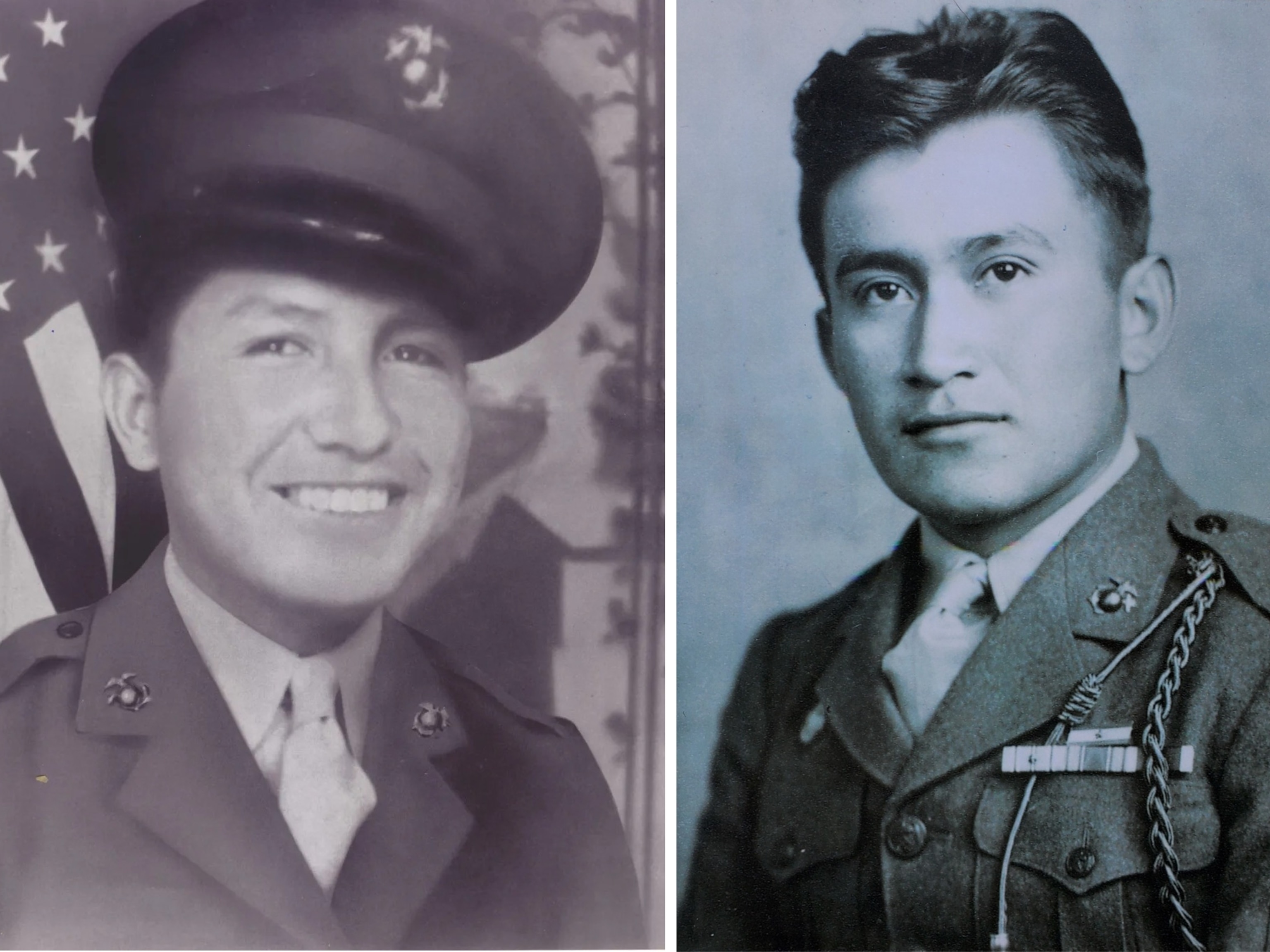
How the Basques became an autonomous community within Spain
The centuries-long struggle for Basque independence may set an example for similar groups in the country.
Travel through Basque country in northern Spain, and you’ll encounter breathtaking coastal vistas, rocky landscapes and tranquil farms. You’ll also meet Basque people, whose history is one of pride, oppression, and struggle.
The Basque ethnic group comes from a region of southwest France and northwest Spain known to outsiders as Basque and to Basque people as Euskal Herria. “Euskal” refers to Euskara, the Basque language, which is linguistically distinct from French, Spanish and indeed any other language. Spoken by approximately 28 percent of modern Basques, it’s unclear exactly where it came from, how it developed, or why it is so distinctive. There are at least six Basque dialects, but the majority of Basques speak a standardized version developed in the 1960s.
Recent research indicates Basques descended from Neolithic farmers who became genetically isolated from other European populations due to their geographic location, which has landscapes that range from coastline to the rocky hills of the Western Pyrenees. That largely inhospitable terrain led to past isolation, which helped determine the course of Basque history. Basques lived in northern Spain when the Romans invaded the area in 196 B.C., for instance, but managed to retain most of their traditions and laws throughout Roman rule and their time under the various invaders that followed.

From around A.D. 824, Basque was part of the Kingdom of Navarre, a medieval state ruled over by a series of monarchs. In 1515, much of Navarre was annexed to the Crown of Castile and became part of what would become modern Spain. After a period of relative independence, Basque self-government was abolished by the Spanish government in Madrid beginning in 1839. Over time, a growing Basque nationalist movement began to insist on political unity and agitate for a separate Basque nation. During the Spanish Civil War in the, Francisco Franco forbade the Basque language, stripped rights from the Basques, and ordered the destruction of the Basque city of Guernica. (Here's how the bombing of Guernica inspired one of Picasso's best works.)

Basques suffered under the Francoist regime. In response, a group of Basque separatists formed Euskadi Ta Askatasuna (ETA) in 1959. The separatist group conducted a decades-long terrorist campaign that ultimately killed over 800 people. The ETA disbanded in May 2018.
By then, Spain had granted relative economic and political autonomy to Basque Country, and acknowledged a separate Basque identity. (Though the Basque Autonomous Community, which includes three Basque provinces, has its own identity, it lacks an actual capital: Vitoria-Gasteiz is its de facto capital, but the largest city within Basque Country is Bilbao.) In the years since Franco’s death in 1975, the Euskera language has been largely revived, and most Basques have stopped the call for a fully autonomous nation.
Another ethnic group within Spain, the Catalans, has not, however, and when Catalonia held an independence referendum in 2017, Spain declared it illegal, suspended the region’s autonomy, and jailed the movement’s leaders. The crisis recently came to a head when nine of the leaders were given lengthy prison terms, prompting huge protests and raising new questions about Spain’s political future.
Could Basque successes point to a potential solution? Perhaps, writes Reuters correspondent Sonya Dowsett—but it will cost lots of money. Though lawmakers have pointed to Basque autonomy as a potential model for peace in Catalonia, it’s unclear if the experiences of Basques can provide a path forward for Catalans.



_4x3.jpg)